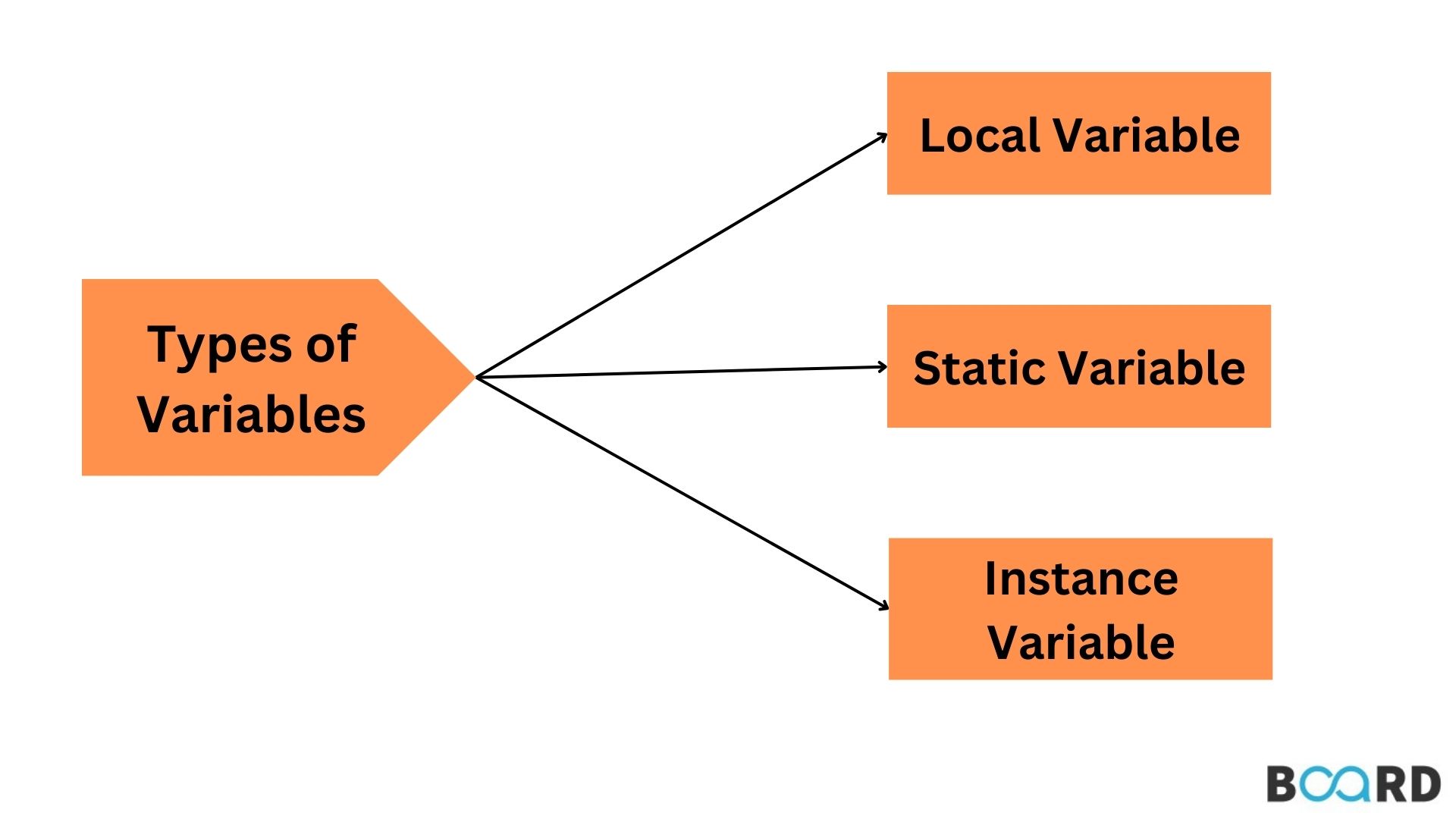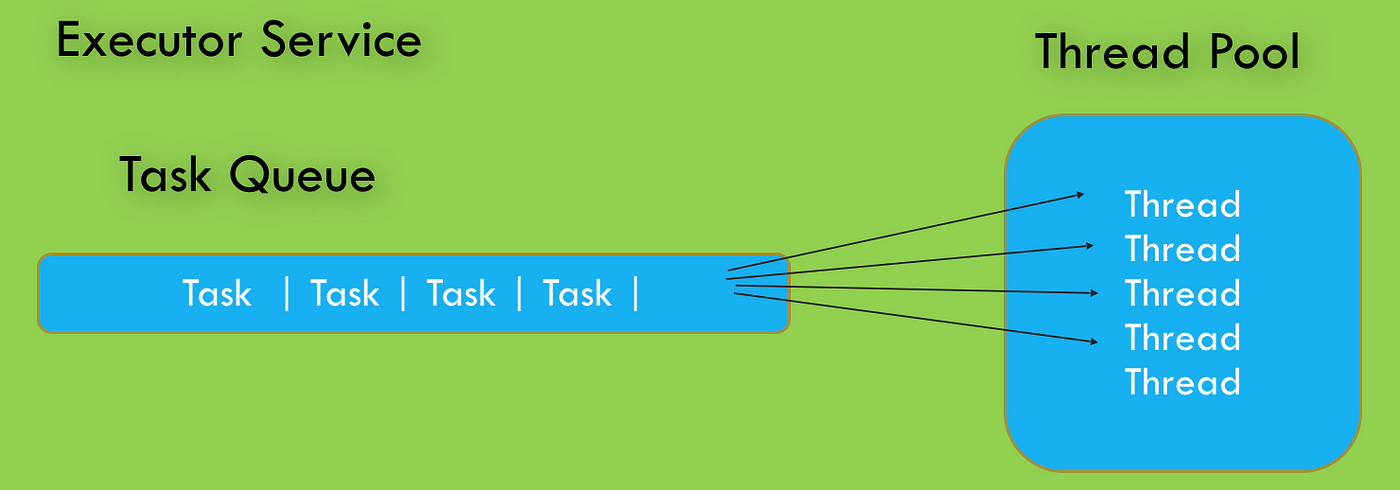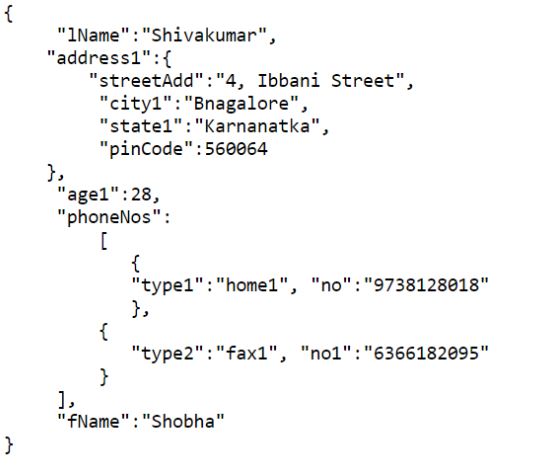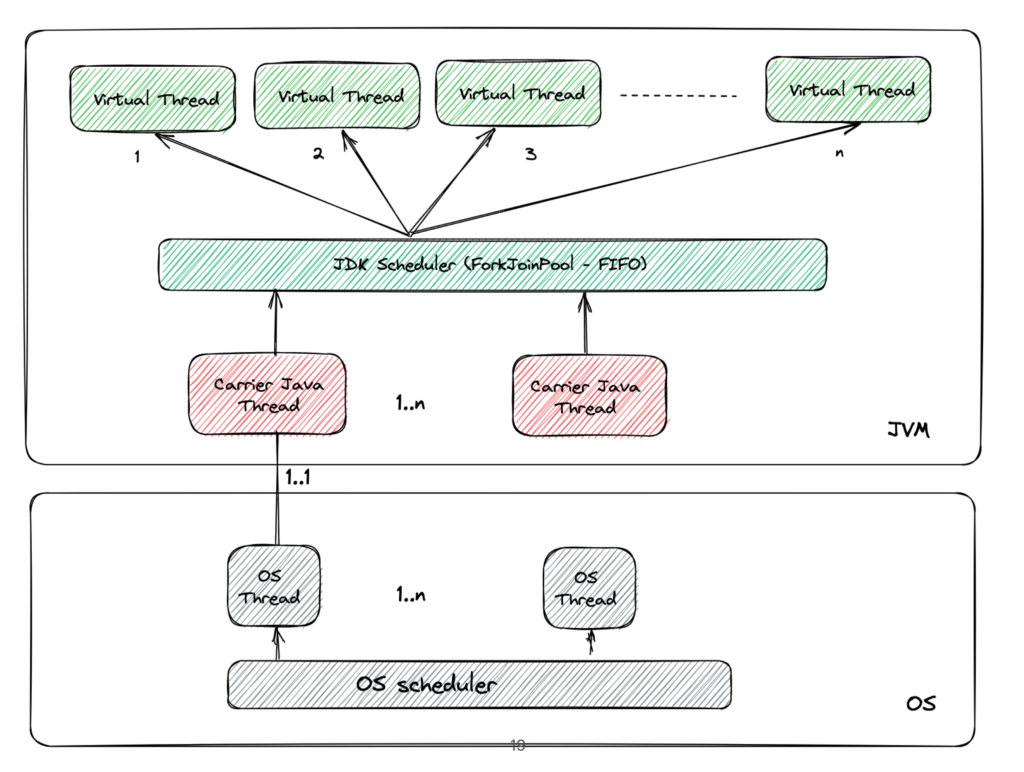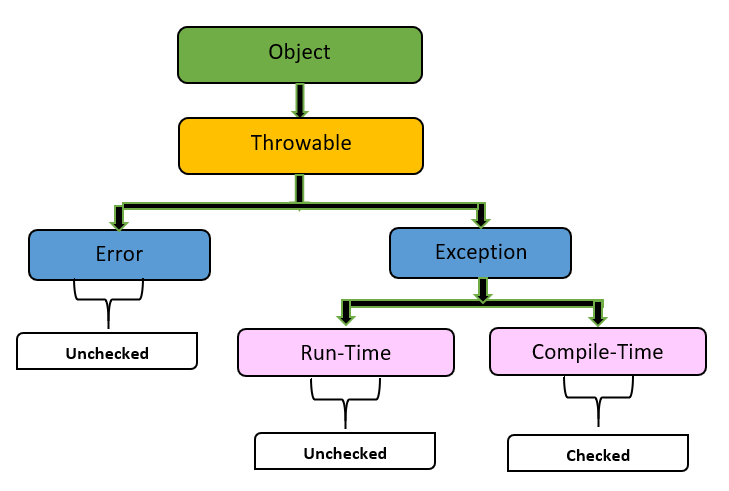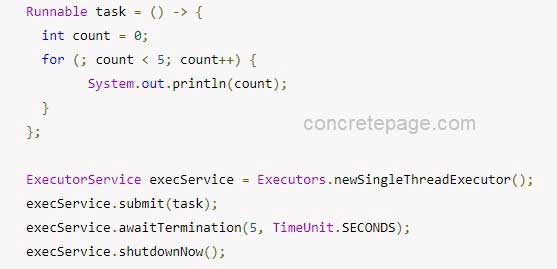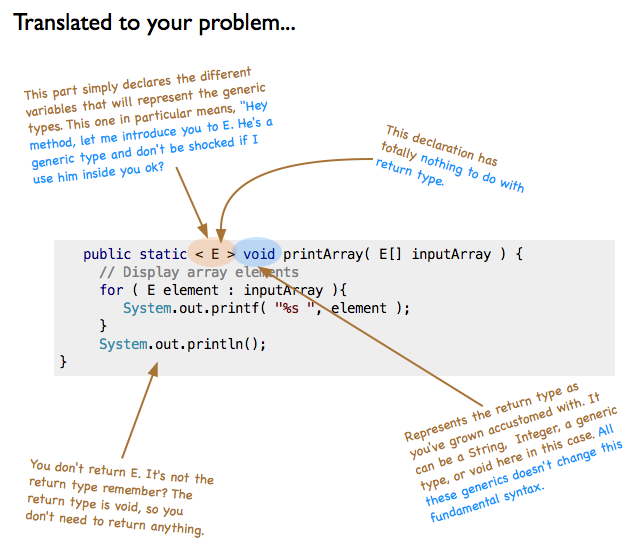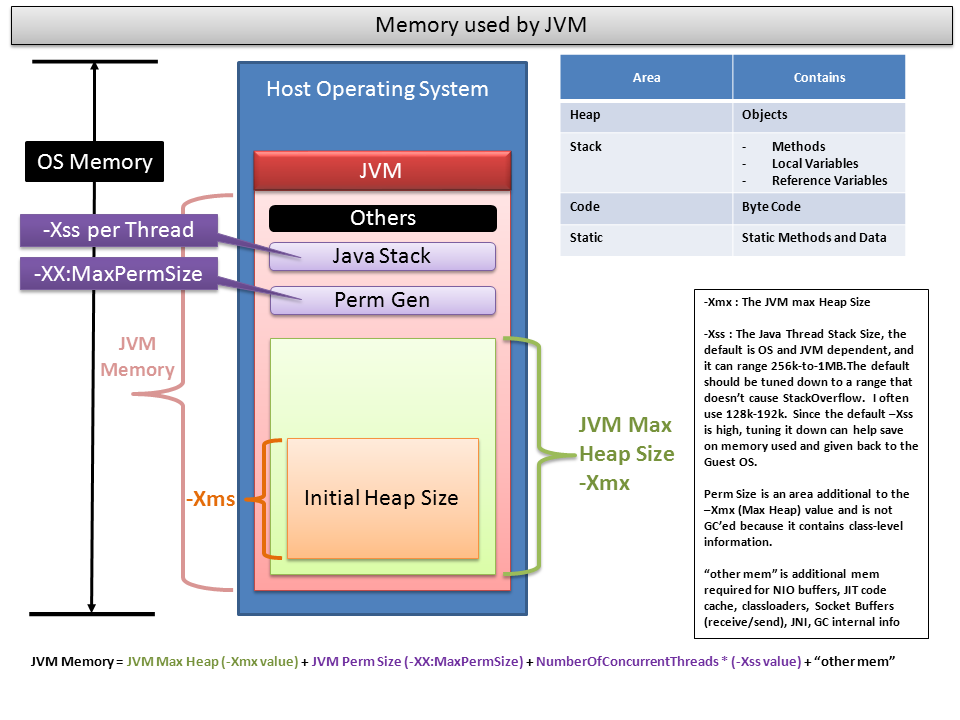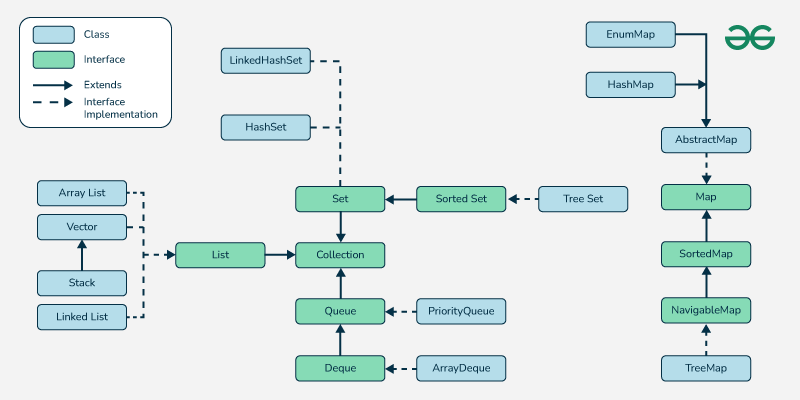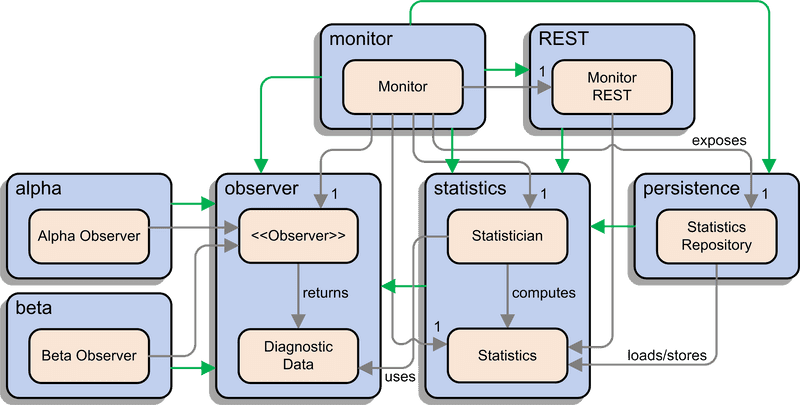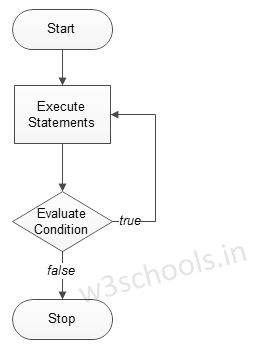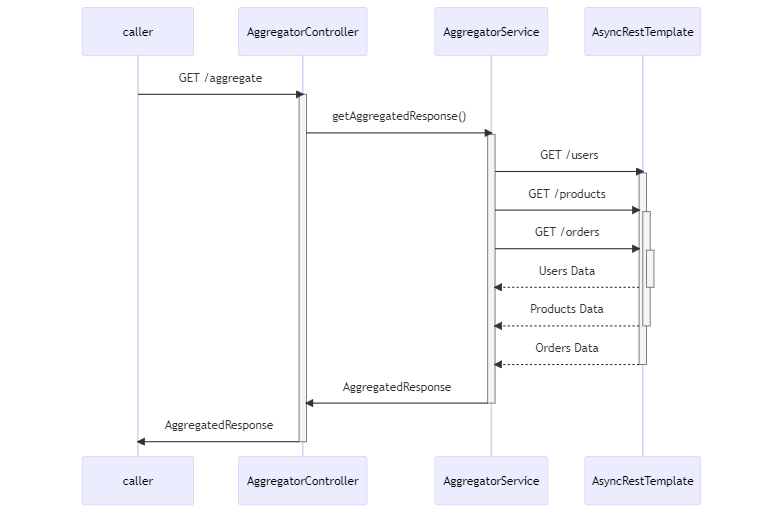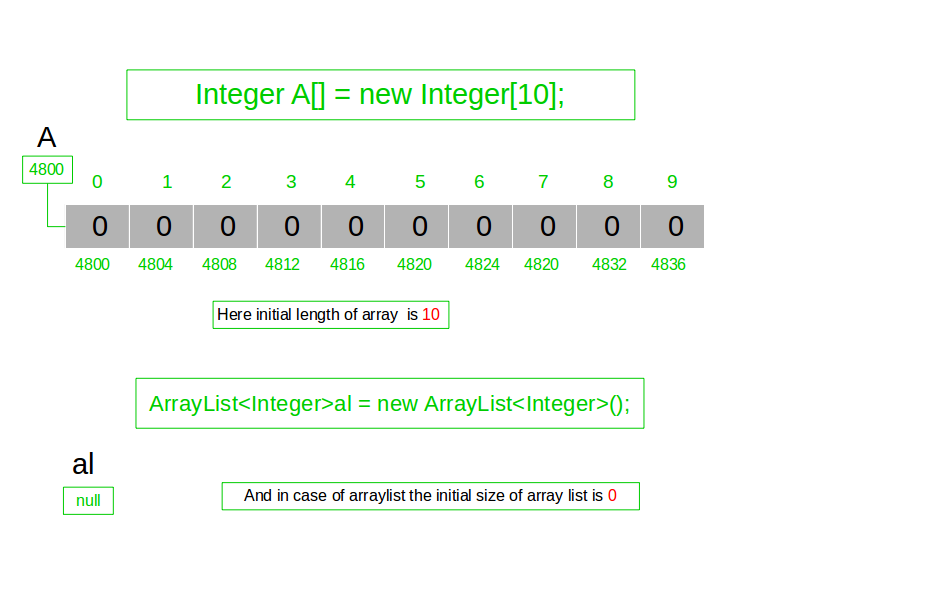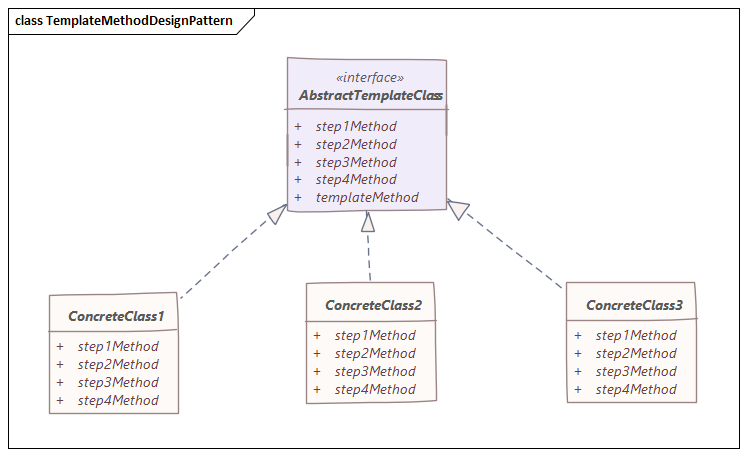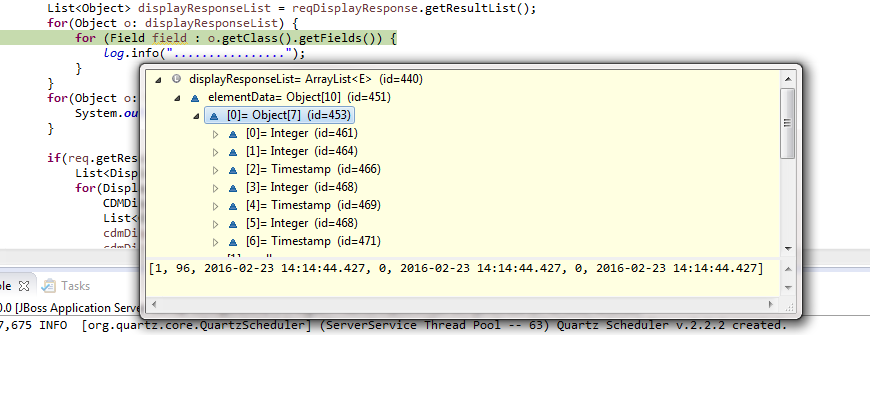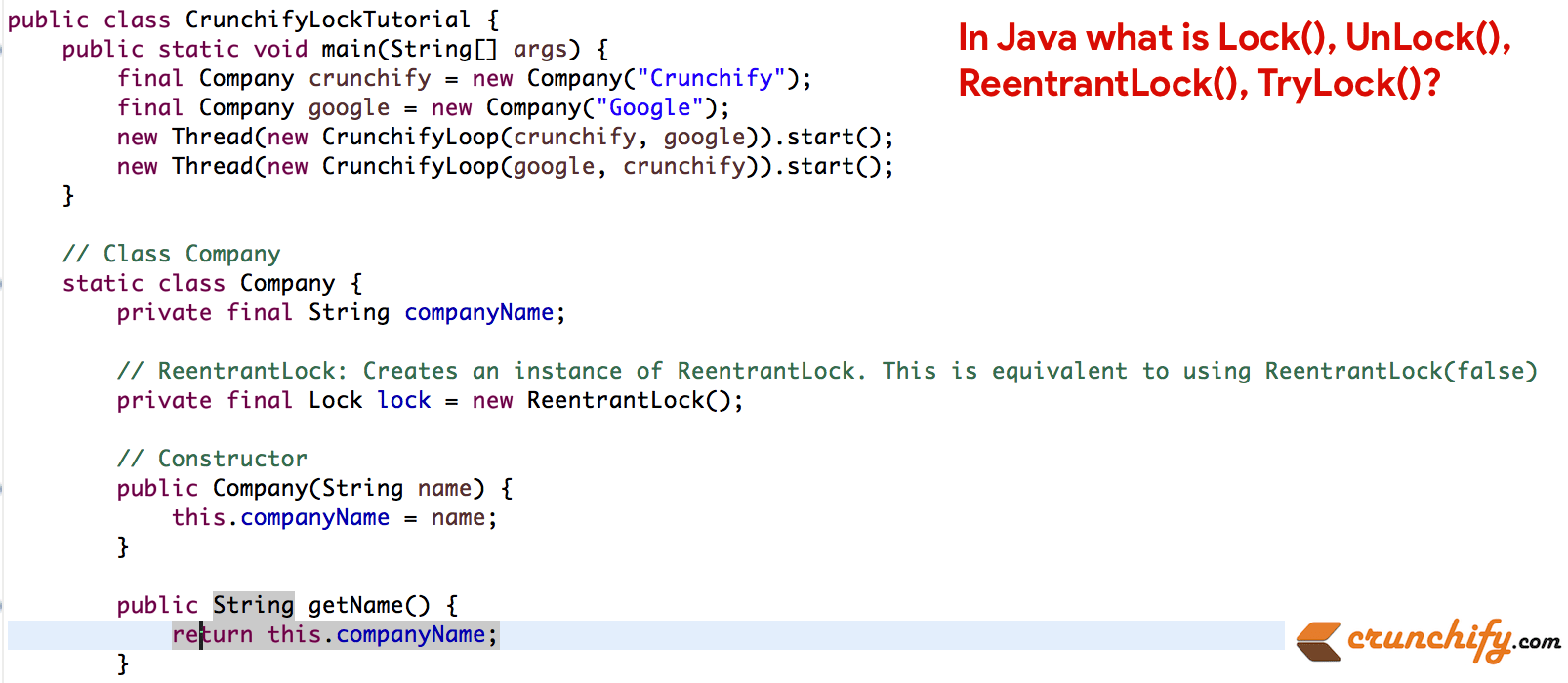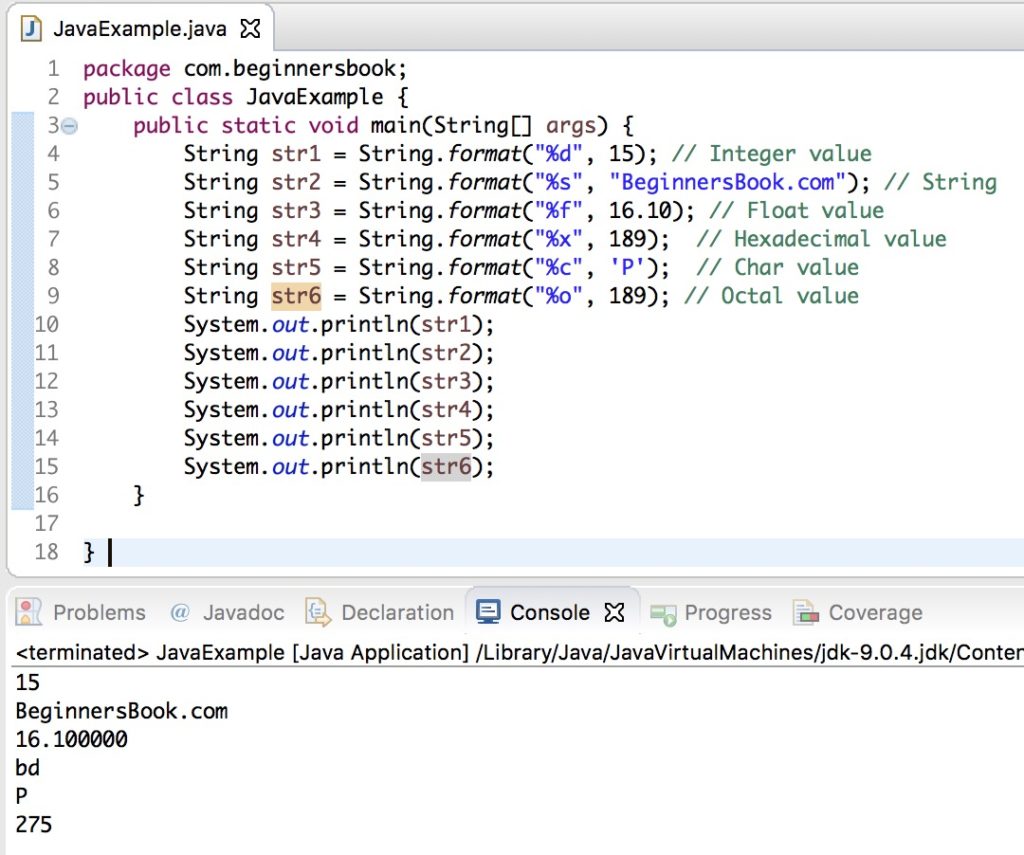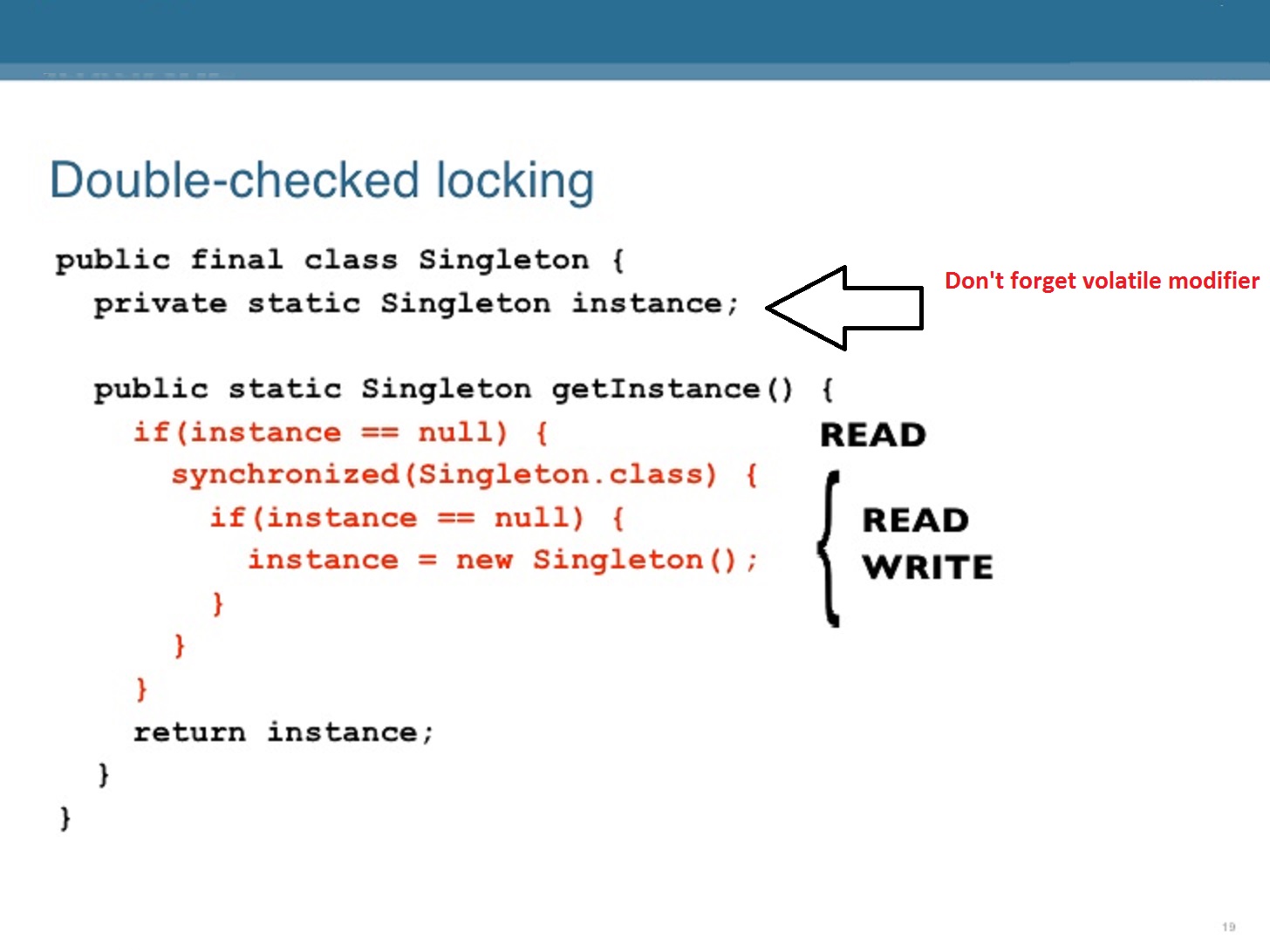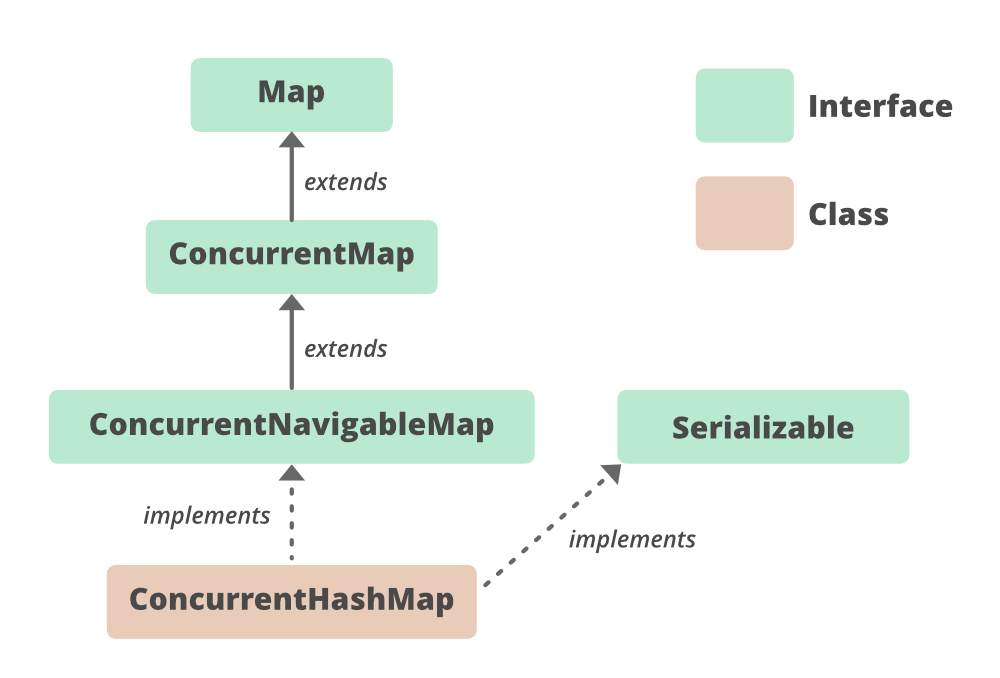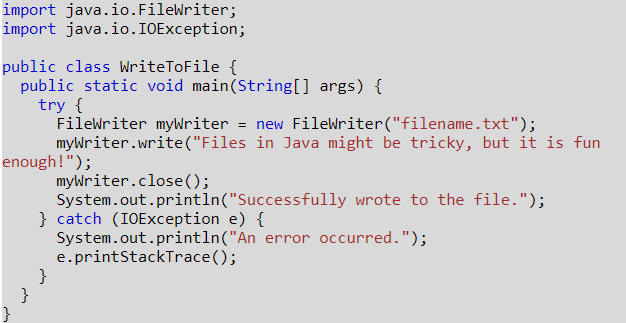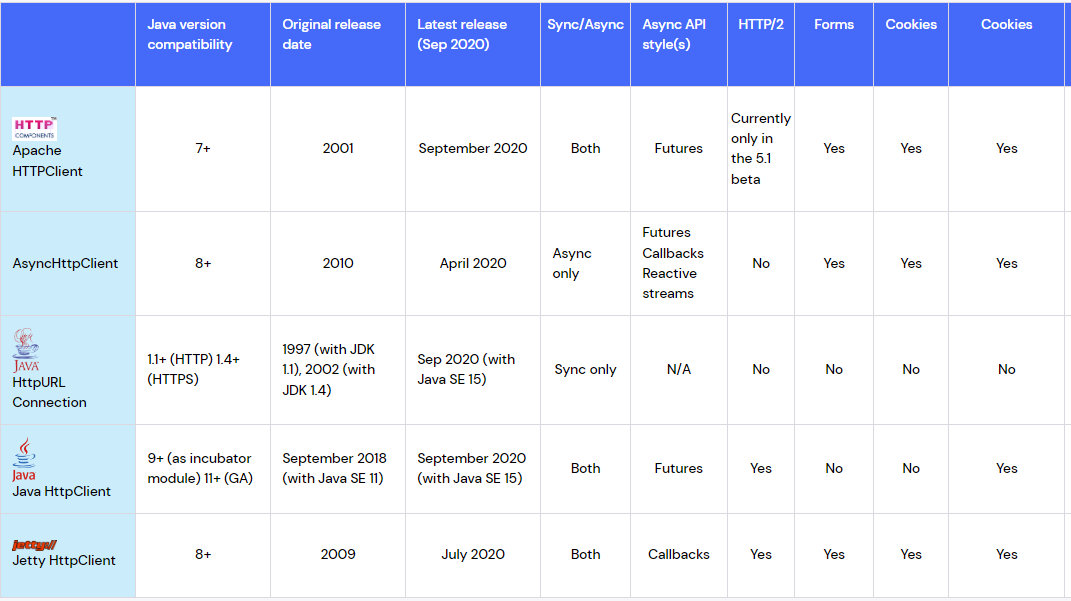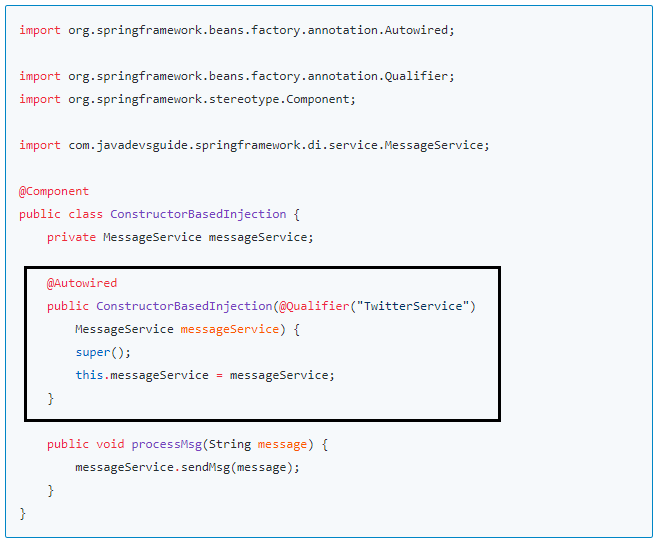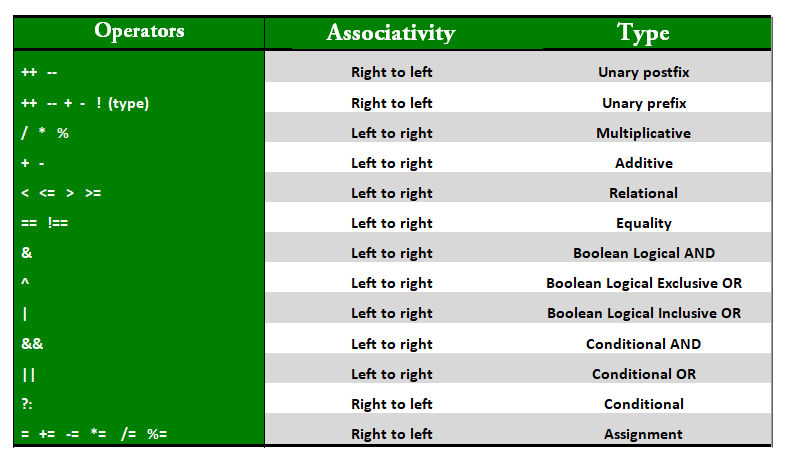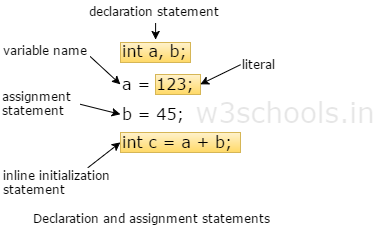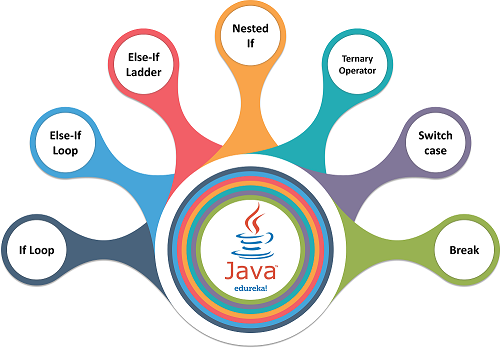what is javascript used for
what is javascript used for
I'm happy to respond in English!
JavaScript (JS) is a high-level, dynamic, and interpreted programming language that is primarily used for client-side scripting on the web. It's widely used for creating interactive and dynamic web pages, mobile applications, desktop applications, and server-side programming.
Web Development:
Client-side scripting: JS runs on the user's browser, allowing you to create interactive web pages with features like form validation, animations, and responsive design. Dynamic content generation: JS can manipulate the Document Object Model (DOM) of an HTML document, updating content in real-time without requiring a full page reload. Event handling: JS allows you to attach event listeners to HTML elements, enabling functionality like button clicks, form submissions, and mouse interactions.Mobile and Desktop Applications:
Hybrid apps: JS is used in frameworks like React Native and Ionic to build cross-platform mobile applications that run on both Android and iOS devices. Desktop apps: JS is used for building desktop applications using frameworks like Electron (which uses Chromium) or NW.js (which uses Node.js).Server-side Programming:
Node.js: JS can be used as a server-side language with the help of Node.js, allowing you to build scalable and high-performance web servers. Express.js: A popular Node.js framework for building RESTful APIs and web applications.Other Uses:
Game development: JS is used in game engines like Phaser and PlayCanvas for building HTML5 games that run on desktop and mobile devices. Data analysis and visualization: Libraries like D3.js and Chart.js enable you to create interactive data visualizations and dashboards. Machine learning and AI: TensorFlow.js, Brain.js, and other libraries allow developers to build machine learning models and artificial intelligence applications in the browser or on the server-side.In summary, JavaScript is a versatile language that enables developers to create dynamic web pages, mobile and desktop applications, and even perform server-side programming. Its popularity stems from its ease of use, flexibility, and widespread adoption across various industries and domains.
what is javascript used for
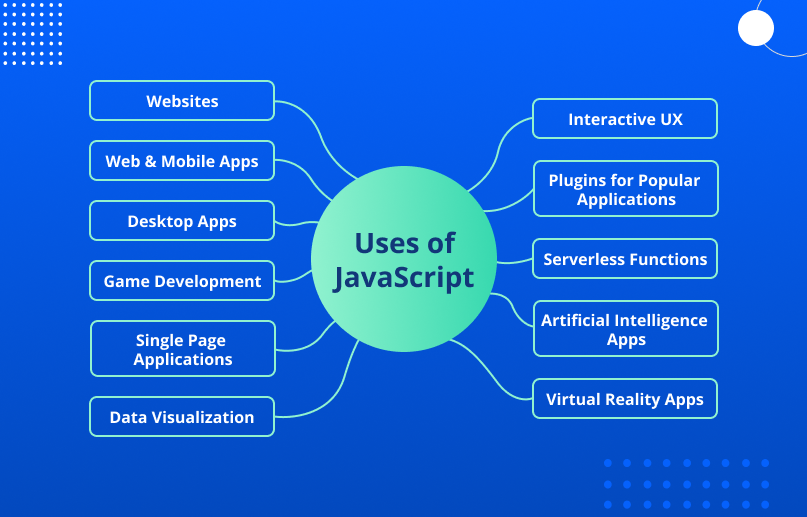
JavaScript (JS) is a high-level, dynamic, and interpreted programming language that is widely used for adding interactive elements to websites and web applications. Its primary use is on the client-side of the web, meaning it runs in the user's web browser, but it can also be used on the server-side with technologies like Node.js.
Here are some common uses of JavaScript:
Client-Side Scripting: JavaScript is often used to create interactive and dynamic web pages by manipulating the Document Object Model (DOM) of a webpage. This includes tasks such as: Form validation Dynamic content updates
In summary, JavaScript's versatility and widespread adoption make it an essential tool for web development, game development, mobile app development, and beyond.

